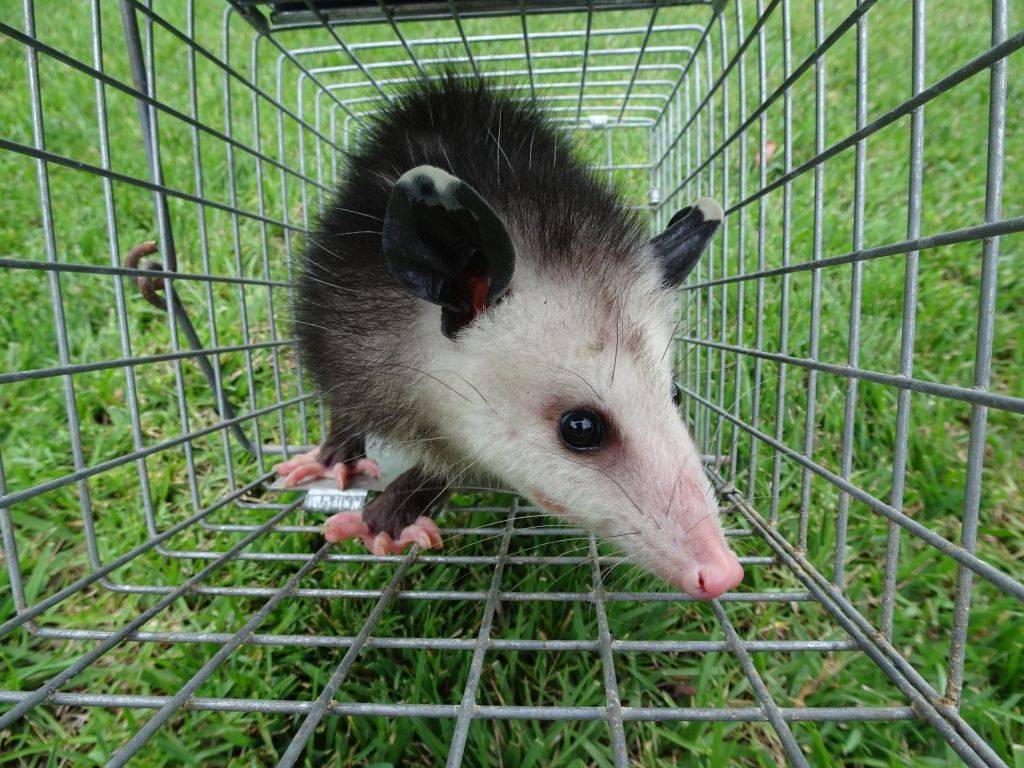Rodents can wreak havoc on gardens by feeding on plants, damaging crops, and creating burrows. To protect your garden and ensure successful plant growth, it is important to implement rodent-proofing measures. By taking proactive steps to deter rodents and minimize their access to your garden, you can help safeguard your plants and crops. In this article, we will discuss effective strategies for rodent-proofing your garden.
- Remove Attractants:
– Clear away debris, such as fallen leaves, branches, and piles of wood, which can provide shelter and nesting sites for rodents.
– Remove any excess food sources, such as fallen fruits or vegetables, as they can attract rodents to your garden.
- Install Barriers:
– Create physical barriers to prevent rodents from accessing your plants and crops.
– Use wire mesh or hardware cloth to enclose raised beds, vegetable patches, or individual plants. Bury the mesh at least a few inches below ground to deter burrowing rodents.
– Install fences around your garden area, ensuring they are buried below ground to prevent rodents from burrowing under.
- Mulch Carefully:
– When using mulch, be mindful of the type and placement to avoid providing hiding places for rodents.
– Opt for inorganic mulch, such as gravel or stone, which is less appealing to rodents than organic mulch like wood chips or straw.
– Keep mulch a few inches away from the base of plants to minimize potential nesting areas.
- Choose Resistant Plants:
– Select plants that are less appealing to rodents.
– Research rodent-resistant plant varieties that are known to be less susceptible to damage.
– Consider planting herbs, flowers, or vegetables with strong scents, such as lavender, marigold, or onions, as they can act as natural repellents.
- Use Repellents:
– Consider natural repellents to deter rodents from your garden.
– Plant garlic, mint, or other strong-smelling herbs around the perimeter of your garden, as rodents tend to avoid these scents.
– Use natural repellent sprays that contain ingredients like hot peppers, garlic, or predator scents. Follow the instructions carefully and reapply as necessary.
- Practice Good Garden Hygiene:
– Maintain a clean and tidy garden by regularly removing fallen fruits, vegetables, and plant debris.
– Keep the garden area well-trimmed and free from overgrown vegetation, as it can provide hiding places for rodents.
- Regular Monitoring:
– Regularly inspect your garden for signs of rodent activity, such as chewed plants, tracks, or burrows.
– Promptly address any signs of infestation by implementing appropriate control measures, such as traps or baits.
- Professional Assistance:
– If you are facing persistent rodent problems despite implementing preventive measures, consider seeking professional assistance from a pest control service experienced in rodent control.
– They can provide guidance, conduct a thorough assessment, and offer targeted solutions to protect your garden from rodent damage.
Rodent-proofing your garden is essential for protecting your plants and crops from the damaging effects of rodents. By removing attractants, installing barriers, carefully mulching, choosing resistant plants, using repellents, practicing good garden hygiene, regularly monitoring for signs of rodent activity, and seeking professional assistance when needed, you can create a garden environment that is less inviting to rodents. Taking proactive measures to deter rodents will help ensure the success of your garden and allow you to enjoy the fruits of your labor without interference from these pests.

